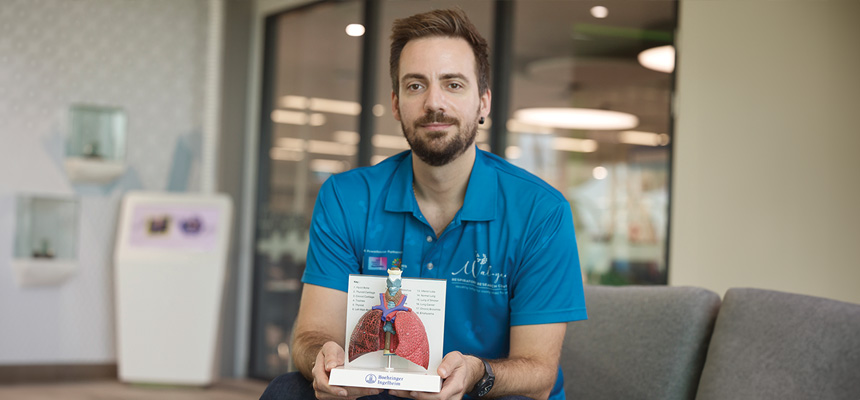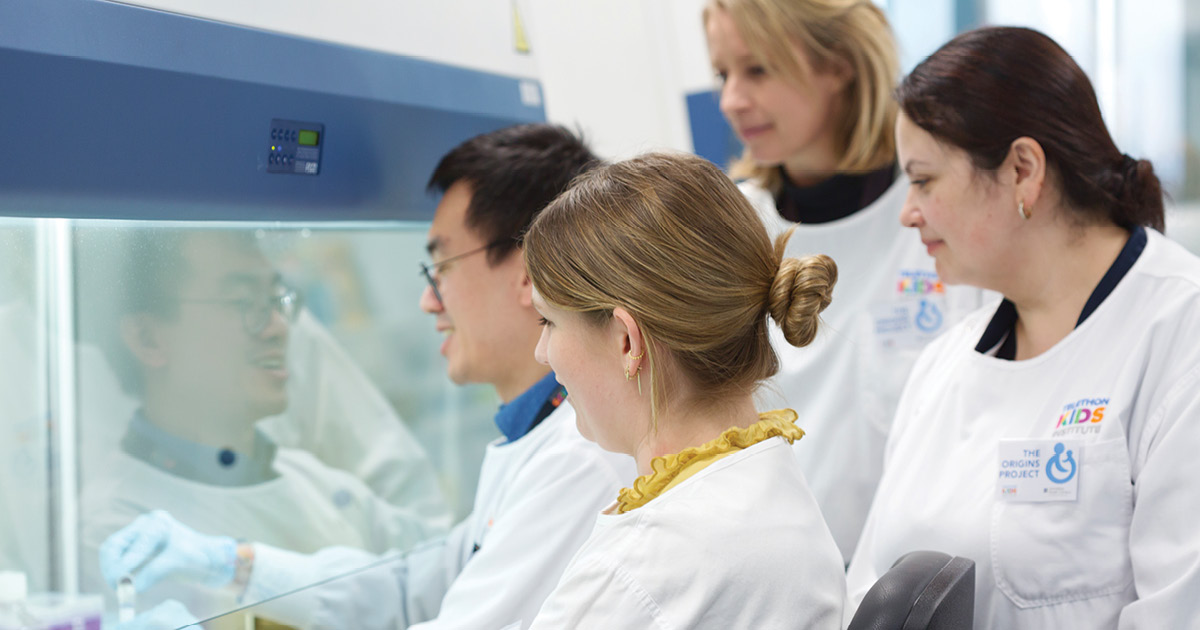Search
Research
Machine learning techniques to predict diabetic ketoacidosis and HbA1c above 7% among individuals with type 1 diabetes — A large multi-centre study in Australia and New ZealandType 1 diabetes and diabetic ketoacidosis (DKA) have a significant impact on individuals and society across a wide spectrum. Our objective was to utilize machine learning techniques to predict DKA and HbA1c>7 %.
Research
The histone demethylase dLsd1 regulates organ size by silencing transposable elementsThe specific role of chromatin modifying factors in the timely execution of transcriptional changes in gene expression to regulate organ size remains largely unknown. Here, we report that in Drosophila melanogaster depletion of the histone demethylase dLsd1 results in the reduction of wing size. dLsd1 depletion affects cell proliferation and causes an increase in DNA damage and cell death.
Research
Cause-Specific Secular Trends and Prevention Measures of Post-Neonatally Acquired Cerebral Palsy in Victoria and Western Australia 1975–2014: A Population-Based Observational StudyTo describe the timing and causes of post-neonatally acquired cerebral palsy (PNN-CP) and map the implementation of relevant preventive strategies against cause-specific temporal trends in prevalence.
Research
Healthy skin for children and young people with skin of colour starts with clinician knowledge and recognitionSkin conditions most frequently encountered in paediatric practice include infections, infestations, atopic dermatitis, and acne. Skin of colour refers to skin with increased melanin and darker pigmentation, and reflects global racial and ethnic diversity.

Researchers have worked with communities to come up with a tangible, practical legacy to improve the policy architecture and clinical approaches to drinking during pregnancy

An exciting study is investigating whether a new therapeutic treatment for asthma will protect young sufferers from ongoing lung damage and improve their long-term health outcomes.

Coconut oil has been used on premature babies to help fight off deadly infections. Researchers are now hoping to prove it is effective for other conditions as well.

One third of Australia’s children will be better supported at school, thanks to a The Kids Research Institute Australia evidence review of what works best to support student behaviour needs.

What if researchers could shop for different data to help uncover how, when and why chronic conditions such as asthma, obesity, allergies and poor mental health develop?

A long-held belief linking gut bacteria to autism has been debunked by an Australian research team that included researchers from CliniKids at The Kids Research Institute Australia.
